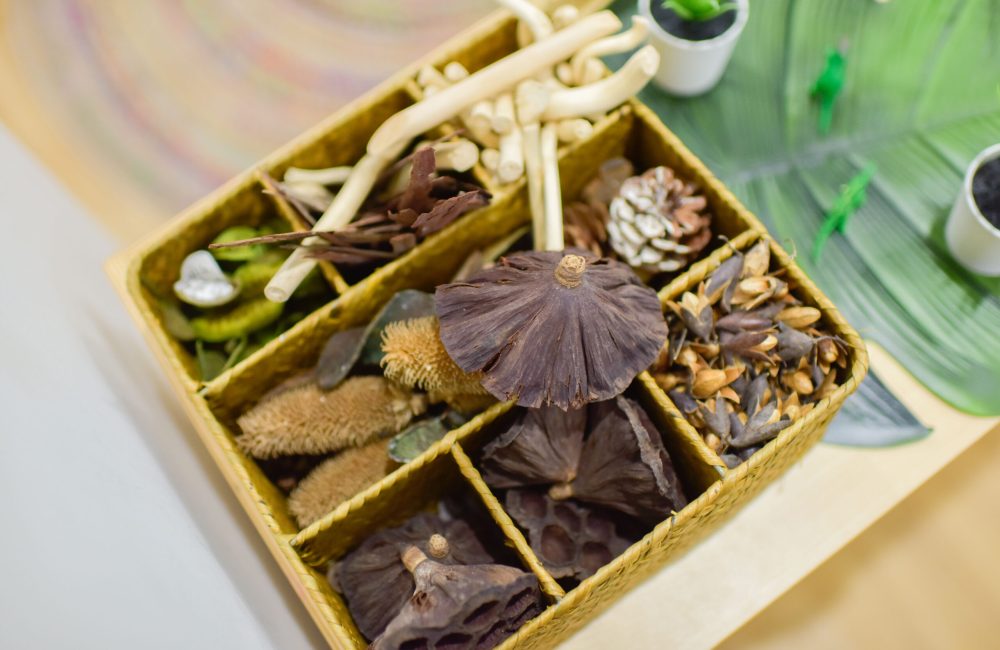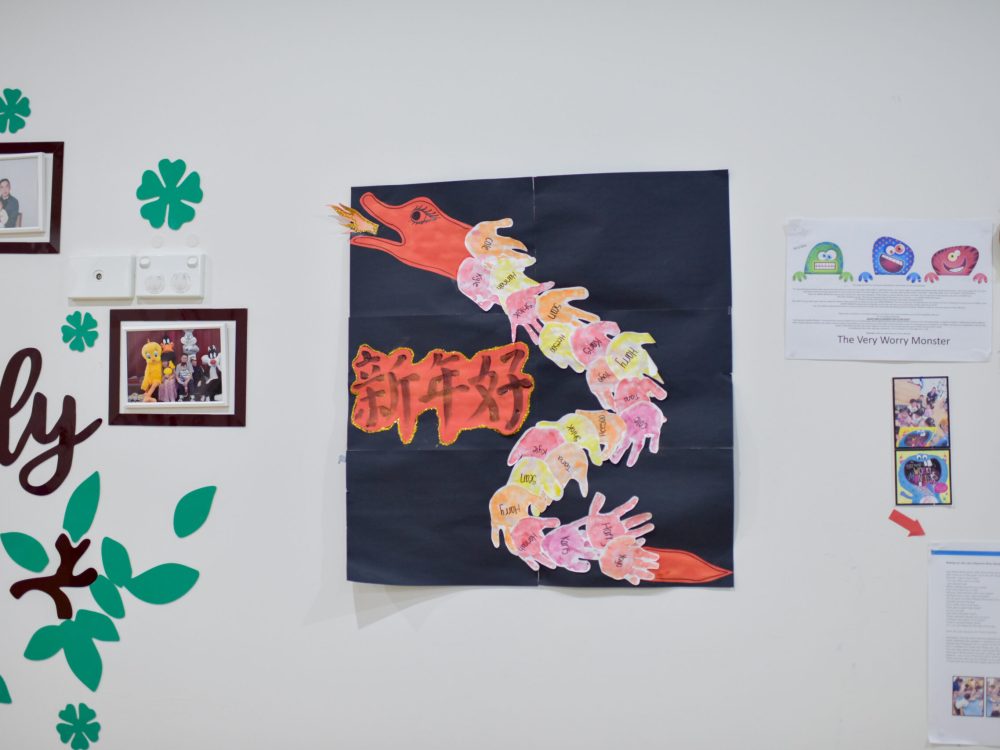Why Little Steps
Why play based learning
Play provides opportunities for children to learn as they discover, create, improvise and imagine.
Play provides a supportive environment where children can ask questions, solve problems and engage in critical thinking. Play can explain children’s thinking and enhance their desire to know and to learn. (EYLF, 2009 P15)
Why do we use natural resources in play
Natural resources encourage children to observe closely and use all their senses. Natural resources, with their complexity in shapes, textures and colours, are a perfect medium for use in loose parts play as they provide so many possibilities for discovery, inventiveness, and creativity. This type of play is open-ended, allowing children to decide the purpose of an item, rather than and adult or manufacturer.


Embedding diversity at our service
There is a growing body of research on children’s awareness and understandings about race, culture and discrimination and their sense of identity and Justine for others.
The learning child team of UNL extension is committed to providing research based and culturally responsive information that reflects the rich diversity of the communities that we serve.
We believe in the importance of promoting quality early learning environments for children that are culturally and developmentally appropriate. Research suggests adults who engage children in culturally responsive educational experiences help to: Build young children’s self-confidence and skills, increase children’s awareness, appreciation, and inclusion of diverse beliefs and cultures. Maximise children’s academic achievement and educational success.
